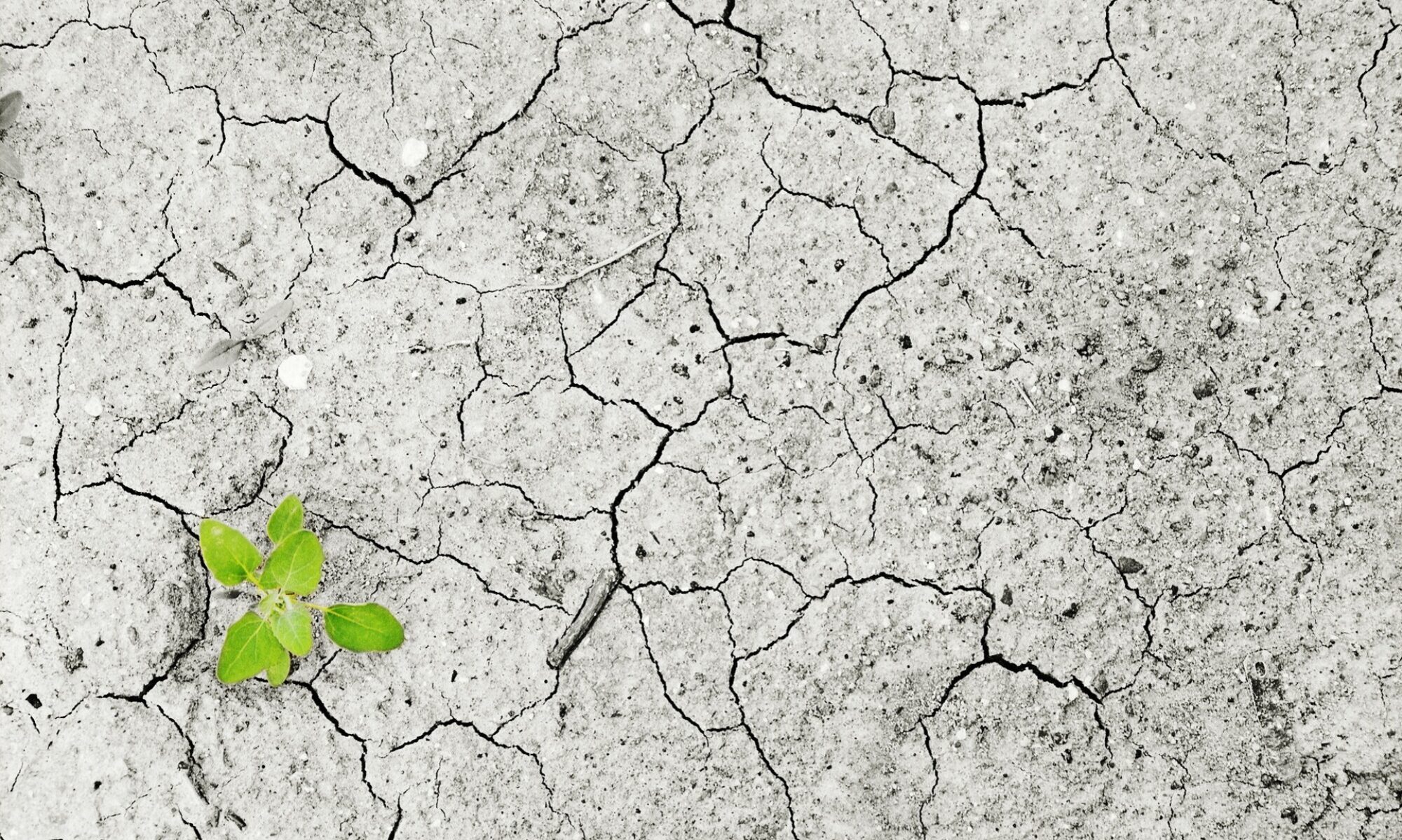30 March 2023 – by Cosmo Sanderson
Fifteen million people worldwide are threatened by devastating flooding from glacial lakes, new research has found.
The study, led by a team at Newcastle University, calls for “urgent” action to help avert future deaths from such floods.
Deaths can be caused either directly by the floods, which are “highly destructive and can arrive with little prior warning,” or by damage to property, infrastructure and agricultural land.
More than half of the globally exposed population live in just four countries: India, Pakistan, Peru and China.
Much like other natural disasters such as hurricanes and earthquakes, floods from glacial lakes represent not just a threat to life but a major displacement risk for millions worldwide.
Last year, a glacial lake in Pakistan burst its banks and wiped out a bridge downstream, as well as damaging nearby homes and two powerplants.
Melting Himalayan glaciers have also been identified as having fuelled last year’s devastating floods in Pakistan, which left a third of the country underwater. Those floods reportedly displaced over 32 million people.
This study was the first to try and map where people are most at risk from “glacial lake outburst floods,” as they are known.
Since 1990, the study says that the number and size of glacial lakes has grown rapidly along with downstream population. This is because glaciers are shrinking due to global warming.
The lakes, which form in hollowed out glacier beds or on top of existing glaciers, can also trigger “positive feedbacks” causing further ice loss.
The study found that 15 million people live within 50 kilometres of a glacial lake, placing them at risk from flooding. In Asia, a region where there is likely to be little warning of flooding or certainty as to how powerful floods will be, one million people live within one kilometre of such lakes.
Pakistan’s northwestern Khyber Pakhtunkhwa region is most vulnerable to such flooding. However the study also said that a lack of research on flood risk in the Andes “urgently” requires attention, with the second- and third-most dangerous basins found in Peru and Bolivia.
The study said improvements to early warning systems such as time lapse cameras for flooding are “urgently needed,” alongside other measures such as evacuation drills.




